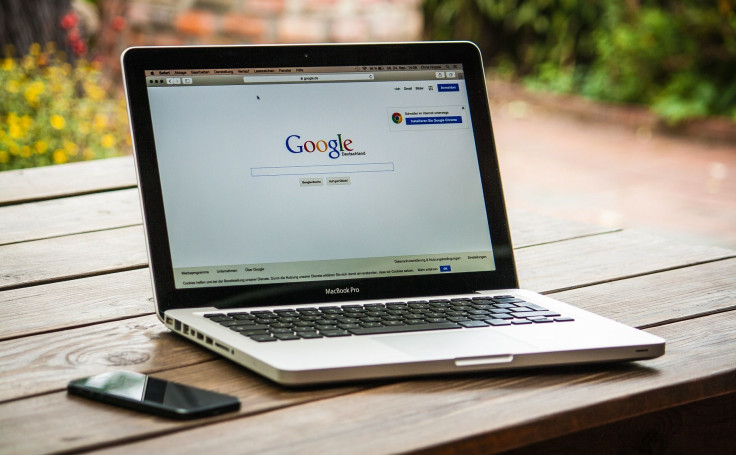Net Neutrality: How Cities Are Getting Around The Trump Administration

A few very large corporations increasingly shape our experience on the internet. We find our way to information through Google. We communicate with friends via Facebook. We buy consumer products through Amazon. We watch movies and other entertainment on Netflix, Amazon, and YouTube. Our access to those sites and the rest of the internet come through a few large cable and telephone companies.
These businesses make more money if they can keep us on their sites and away from alternative and upstart corners of the web. While these big sites have enormous advantages (all our friends already are on Facebook, and Amazon and Netflix own the rights to most of the movies and TV shows we want to see), the rest of the internet is open to us if we know where we want to go or are willing to take the time to explore.
Net neutrality matters because it ensures that internet service providers have to allow us access to every site. ISPs are not allowed to slow some sites or charge those sites extra fees for giving them access to the ISPs’ customers. Net neutrality guarantees freedom of speech on the internet and makes it possible for new sites to compete for attention and customers.
Freedom and openness were promises built into the original structure of the internet. Net neutrality kept those promises safe from the self-interested behavior of big corporations that in absent regulation were beginning to block or throttle (slow down) rival websites either to drive them out of business or as a way of extracting rents for priority access. The importance of net neutrality has been recognized by the EU, whose protections are even stronger than the ones the FCC enacted in 2015. Even Russia has net neutrality.
ISPs say they will not block or discriminate against websites. However, if those businesses had no plans to do so, why would they have lobbied so hard to end net neutrality? We can expect the ISPs to do nothing for the next year or two, but then they will certainly try to increase their profits by imposing fees. ISPs also are getting into the business of providing content themselves. They will be able to send their own content at higher speeds than that of competitors or to block rivals entirely. The internet will become more like cable TV, with the ISPs deciding what content to offer. Most Americans only have a single cable provider, and at best two ISPs.
So what can be done? At the national level, it will be impossible to restore net neutrality as long as Trump or another Republican is president gets to appoint a majority of the FCC. However, local governments can create publicly owned ISPs. For those who live in a state where public ISPs are banned, they can pressure their state legislators to change the law.
Some cities, like Chattanooga, Tennessee, have already done so. Residents there get the fastest internet in the United States at very low prices, and of course, there is net neutrality because public ISPs don’t try to make profits — and therefore have no reason to charge their customers extra or to block their access to sites.
Richard Lachmann has a Ph.D. from Harvard University and is a professor in the department of sociology at the University at Albany. His expertise is in comparative historical sociology and political thinking.
© Copyright IBTimes 2024. All rights reserved.











